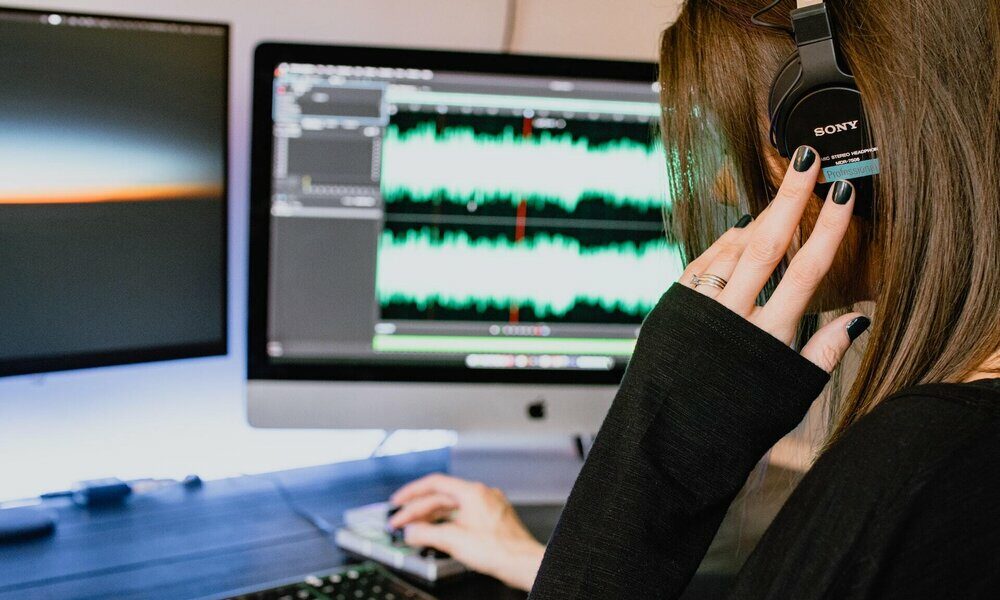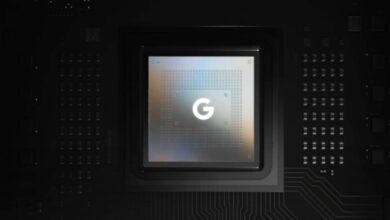
The US National Institute of Health has created a fund of 14 million dollars, with which will finance the development and training of an Artificial Intelligence system by software capable ofAnalyze the voices of patients to study and diagnose diseases using AI. The development and training will be carried out by a dozen research institutions, led by the University of South Florida (USF), which will receive various amounts of said fund over four years.
The objective of the project, which has been called Voice as a Biomarker of Health (Voice as a Biomarker of Health) will collect, in a privacy-sensitive manner, a training database of people’s voices, which can be used to train applications that doctors can use to potentially detect disease and neurological disorders by examining a person’s speech.
The project will focus on software that can diagnose one of these types of diseases: voice disorders (cancer of the larynx, vocal cord paralysis, benign lesions of the larynx), neurological and neurodegenerative disorders (alzheimer’s, parkinson’s, ALS, stroke ), psychiatric and mood disorders (depression, schizophrenia, bipolar disorder), respiratory diseases (pneumonia, COPD), and pediatric voice and speech disorders (autism, speech and language delays).
As stated Yael Bensoussan, project leader and Assistant Professor in the USF Department of Otorhinolaryngologythe team “chose the five disease categories based on existing work on Voiced Artificial Intelligence that has been published over the last 20 years«.
Advances made in machine learning algorithms to analyze voice and speech data have shown that the technologies can be used to advise on physical and mental health. According to some studies, tremors and vibrations in the voice can be associated with depression and anxiety.
Several academics believe that the results are promising enough that listening to and processing the sound of voice and breathing using AI could offer a low-cost method of detecting diseases and disorders in their early stages.
In fact, according to Benoussan, “voice is one of the cheapest biomarkers to study. When you think about biomarkers like genetic testing or imaging, like scans or MRIs, you see that they’re pretty resource-intensive, and they can be invasive in a sense. Scanners can give patients radiation, for example. Voice is the easiest biomarker to collect, has no physical risk to patients, and can be collected with a very low-resource system, especially with modern technology«.
The NIH will give $3.8 million in the first year to participants in the Biomarker of Health initiative to develop a large and diverse voice database that can be used with other data collected from genomics and medical imaging. Voice data will be recorded from selected patients in clinical trials in a pilot study that will take place during the first year of the initiative.
The database will be shared among researchers, who will train AI algorithms to recognize common features in the voices of patients diagnosed with specific diseases. To ensure that this sensitive data is kept secure and private, the models will be trained using federated learning, which will be handled by owkina startup that helps biomedical research with machine learning software.



